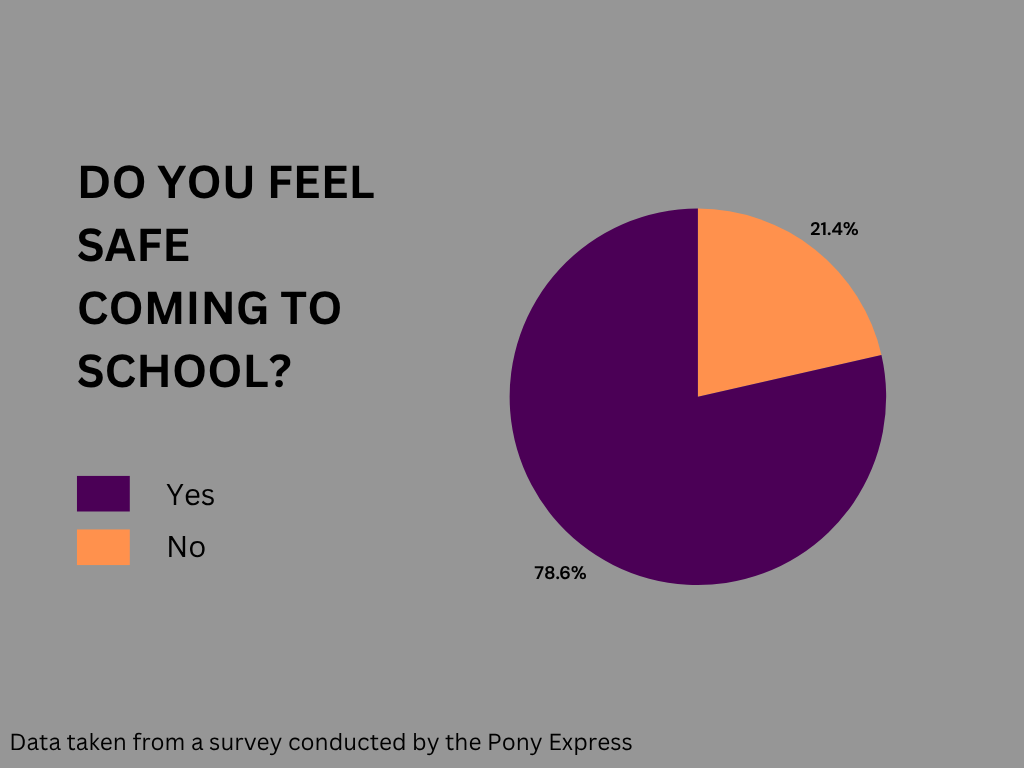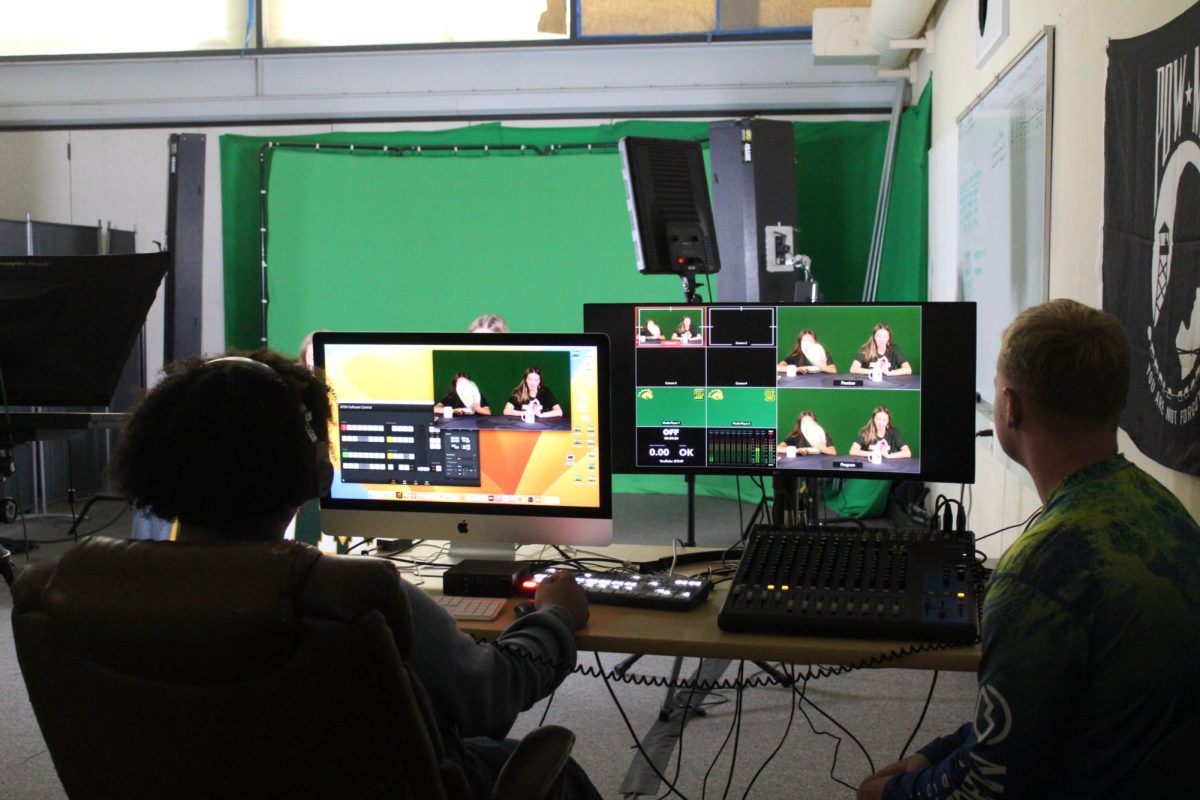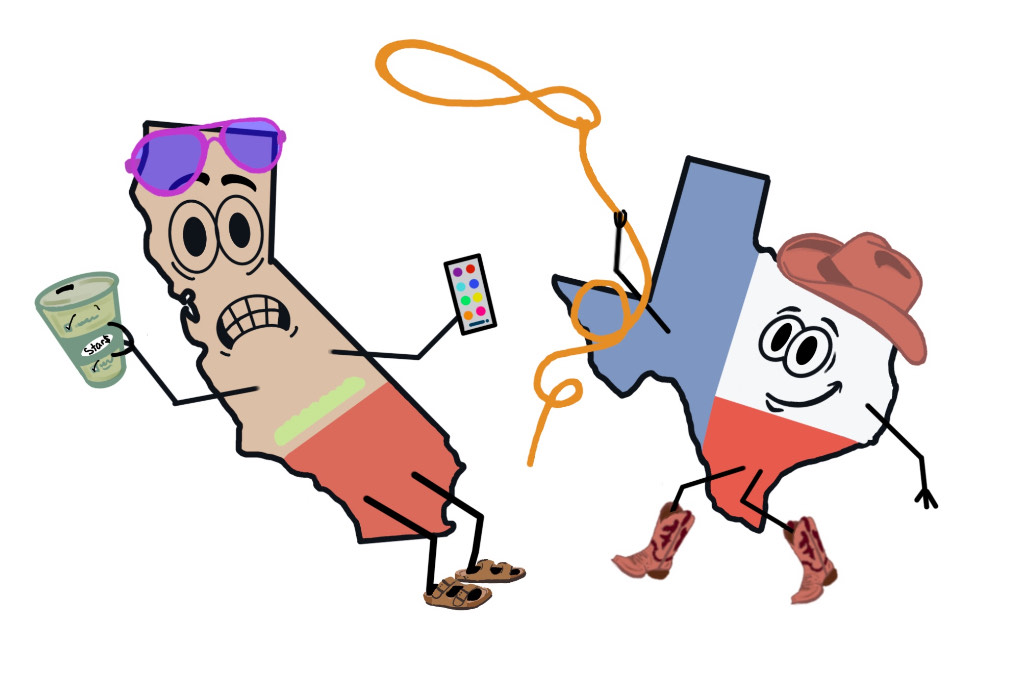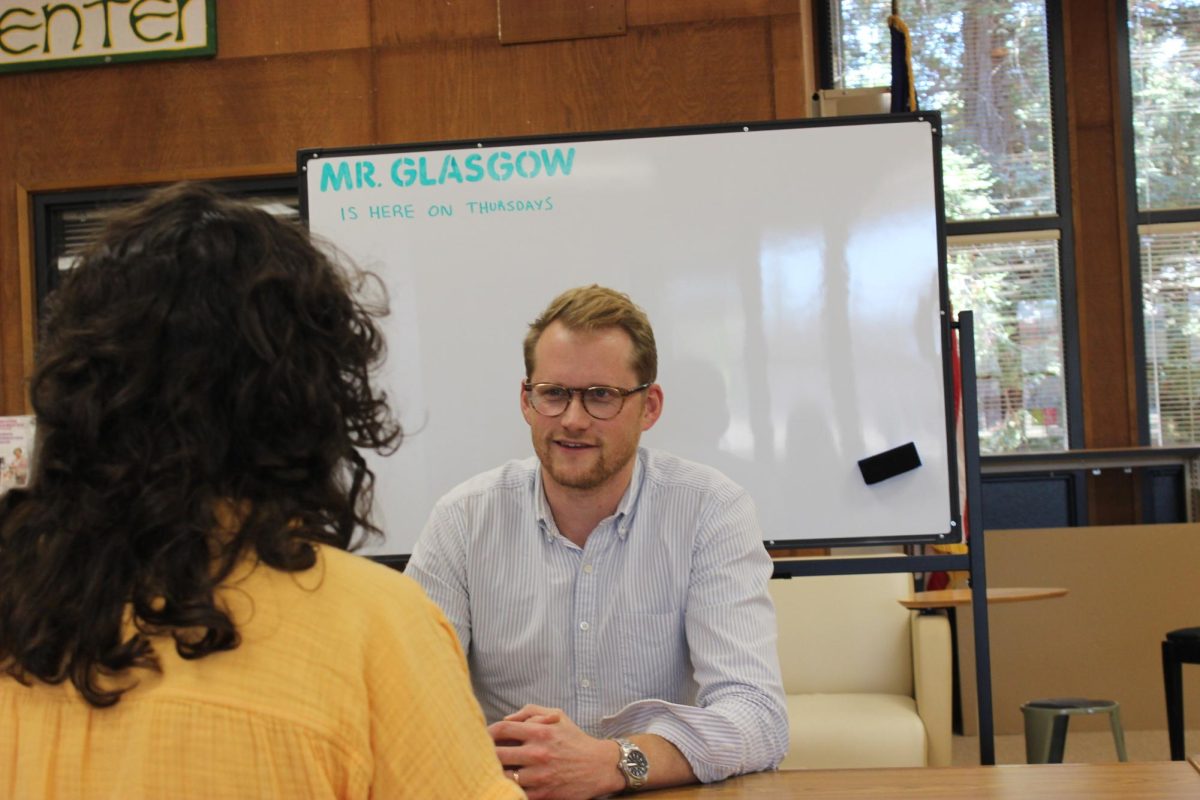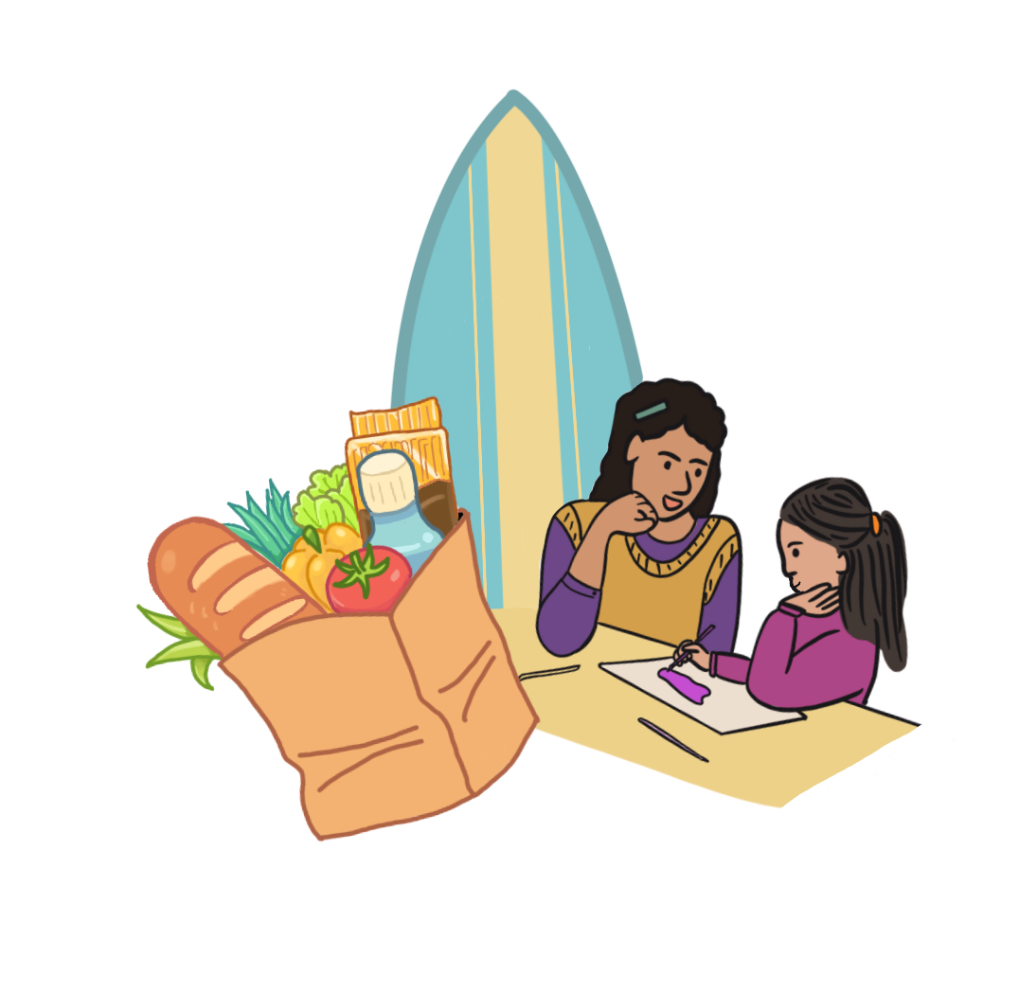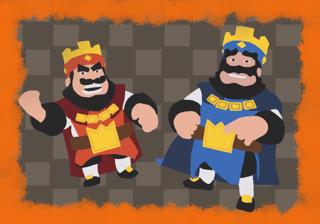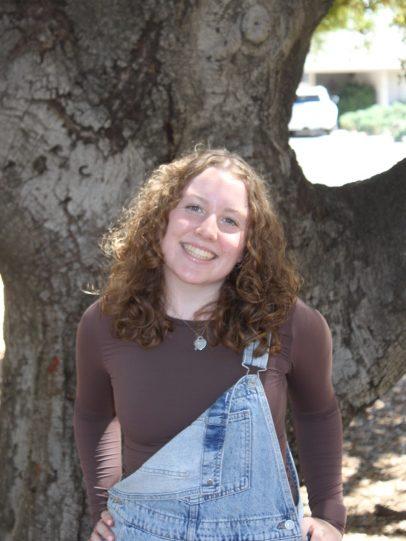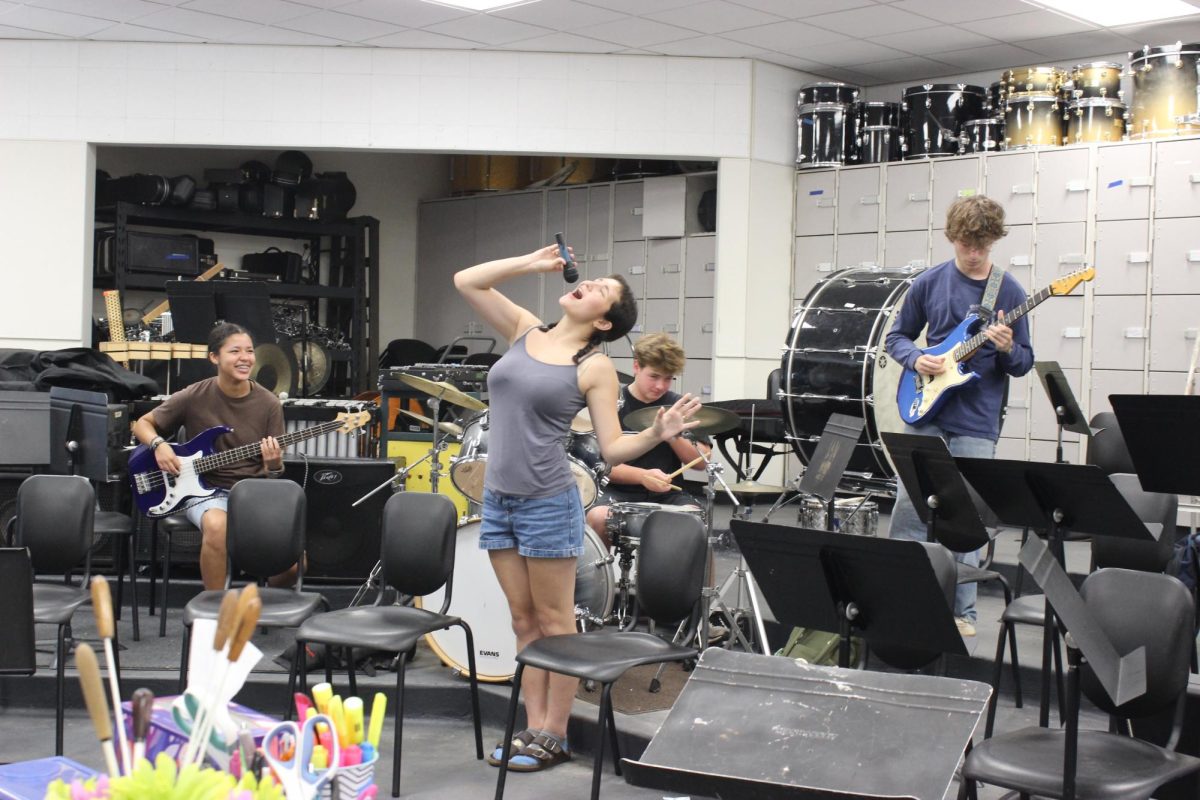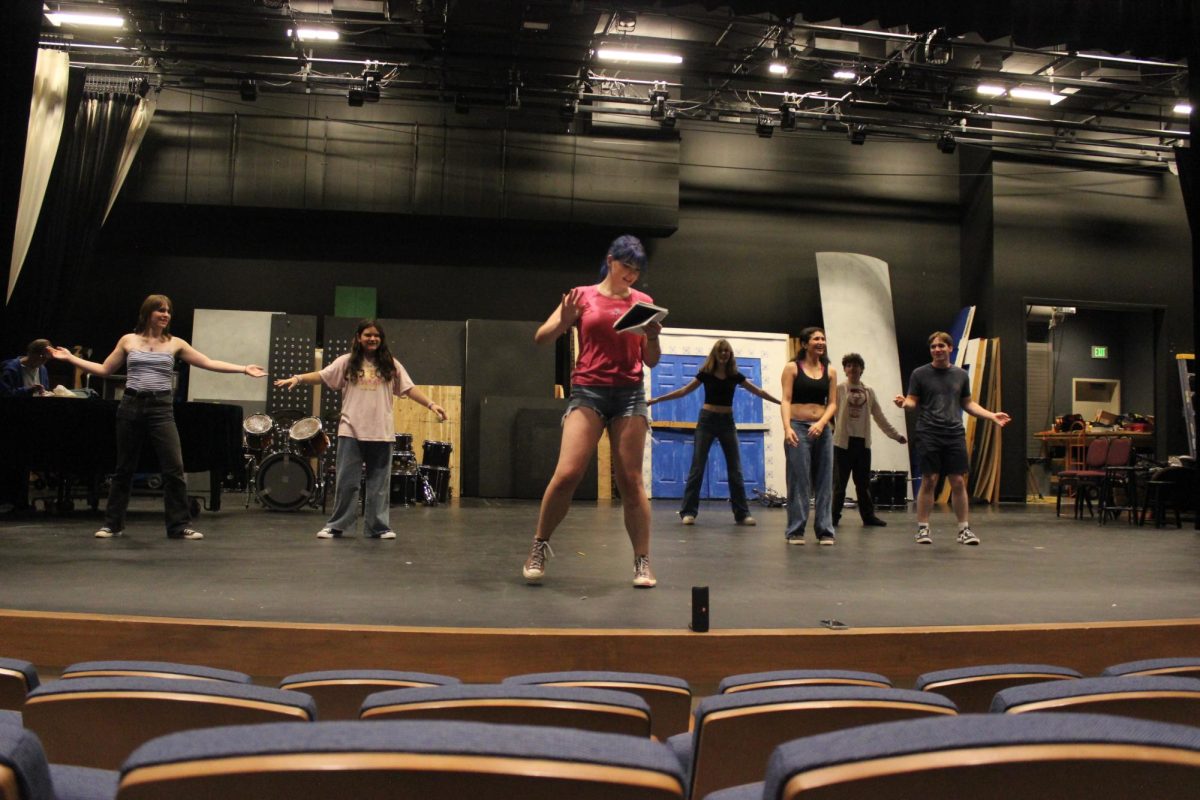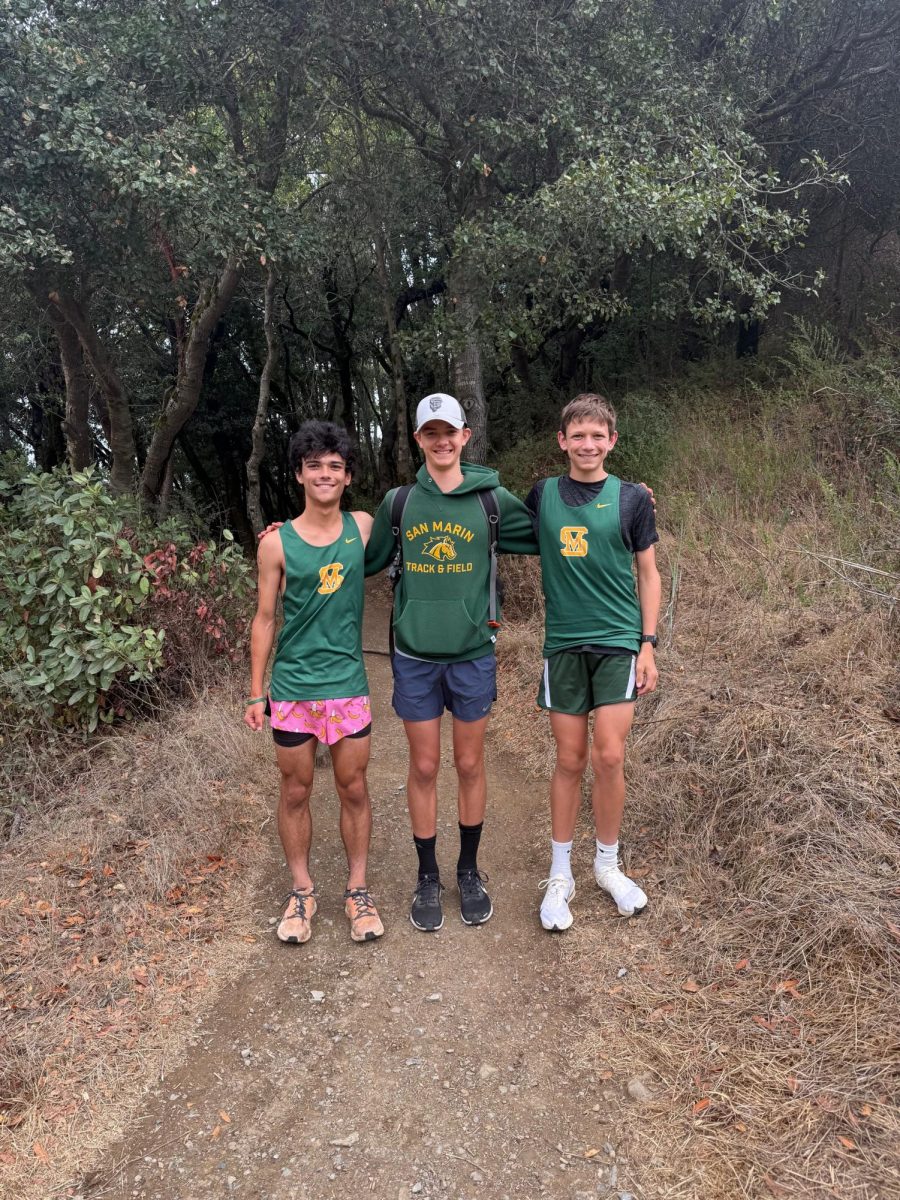On Nov. 5, 2024, voters lined up outside polls to cast their ballots in support of a presidential candidate. Unbeknownst to many, there was a smaller and more local issue on the ballot regarding family farms and the treatment of livestock.
Measure J argued to end factory farming and limit the sizes of various farms around Sonoma County, stating that they create pollution, harm animals, and spread disease. People who voted ‘no’ were voting to protect Sonoma’s factory farms and economy, calling Measure J “dangerous” and “misguided.”
The initiative was defeated overwhelmingly. Measure J supporter Danielle Cazares thinks it was due to influences from the “corporations that run the agriculture industry in our [Marin and Sonoma] county.”
“I believe that we’ve been brought up in our culture to sacrifice everything for the sake of ‘economy’,” Cazares said. “Even when those big farms are polluting our water and harming the natural ecosystems, we’re told that jobs and convenience matter most in our country.”
Thus, factory farming lives on, putting animals in close-knit, uncomfortable, and inhumane areas with each other.
However, now that the election is over and Measure J didn’t pass, many are wondering what comes next.
What comes after the public majority voted to keep open the environmentally harmful factory farms that dictate what happens to their food before they eat it? According to The Nature Conservancy, there’s “always a seat for you at the regenerative dinner table.”
They suggest continuing to tell policymakers that you care about regenerative agriculture, learning about Farm Bills in the U.S., changing up side dishes at home to diversify market demand from farmers, and minimizing food waste.
Above all, they urge talking to local farmers.
“If you have a farmer’s market in your area, strike up a conversation with local food producers. Ask about sustainable and regenerative practices. Oh, and buy some products from them!” An article on The Nature Conservancy Website titled “Food, Climate and Nature FAQs,” said.
Many local farmers can be found at the Downtown Novato Farmers’ Market, which will be open this year starting on May 6 until Oct. 28, on Tuesdays from 4 P.M. to 8 P.M. (May through Sept.) or 4 P.M. to 7 P.M. (Oct.).
Marin has a variety of local farms, from the plant-based goat sanctuary Goatlandia to the grass-fed beef farm Muelrath Ranch. The treatment of their animals and livestock emphasizes the importance of buying from local family farmers rather than factory farms.
One of these farms in particular, Rodriguez Farms, specializes in organic berries and vegetables, emphasizing being certified organic and family-operated. Their main product is strawberries, which they sell in abundance at local Farmers’ Markets, including the one in Novato.
One of their employees, Francisco, says that supporting and buying from family farms helps to create jobs for the community.
“We want to eat a hamburger, and we go eat at the big chain companies— we forget that the small businesses need our support and that they’re struggling,” Francisco said. “And our food is sometimes even better.”
More farms around Sonoma and Marin can be found at these websites:
https://www.marinmommies.com/family-farm-tours-marin-and-sonoma-county
